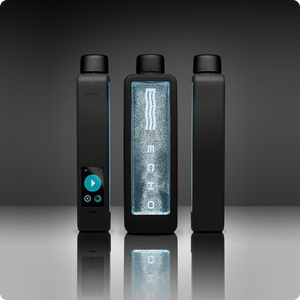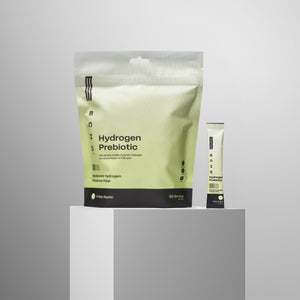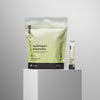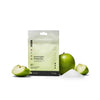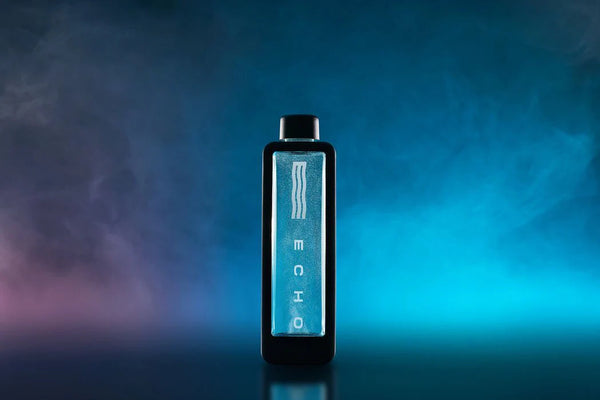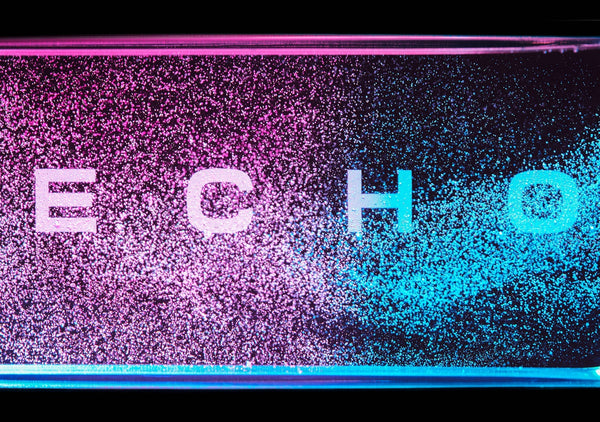Is Glass Really Better Than Plastic?
Let’s Talk About Your Water Bottle
Glass has a clean reputation. People think it’s the safest, purest choice for drinking water—and in some ways, that’s true. It’s non-toxic, doesn’t leach, and feels premium.
But here’s what most people miss: not all plastics are created equal. The right kind of plastic—like medical-grade PPSU Tritan™—is just as safe as glass, and in many real-life situations, it’s actually better.
If you’ve been told glass is the only “healthy” option, it’s time to update your thinking. Let’s break it down.
The Case for Glass—And Its Limits
Glass is great. It’s non-reactive, toxin-free, and doesn’t absorb odors or flavors.
But it’s not perfect.
-
Heavy: Not ideal for the gym, travel, or everyday carry.
-
Fragile: Drop it once, and it’s done.
-
Unsafe around kids or concrete: Broken glass = real risk.
It’s great as a neutral substance that won’t leach any chemicals into your water, but sometimes it’s not perfect for real life. For example, hydrogen water bottles create serious pressure when infusing hydrogen into water. Glass would shatter. Does that mean you have to simply deal with microplastics? No. It’s why we use specially formulated Tritan PPSU.
PPSU Tritan™ as an Alternative to Glass Water Bottles
PPSU Tritan™ is built for the real world.
-
Stronger than glass: Drop it, toss it, pack it. PPSU won’t crack or shatter, unlike glass that can break with a single impact.
-
Lighter than glass: No more lugging around heavy bottles. PPSU gives you the same clean water experience without the bulk.
-
Smarter than glass: Designed to integrate with high-tech features like hydrogen infusion systems. No conductivity issues, no breakage.
-
Cleaner than glass: PPSU Tritan™ is engineered to resist wear and tear—so it won’t break down into microplastics, even with heavy daily use or hot water.
Most plastic concerns come from cheap bottles that degrade over time, especially when exposed to heat. That’s when you get microplastics and chemical leaching.
With PPSU, none of that happens. It's chemically stable, tested under extreme conditions, and proven safe—even in medical and infant care settings.
It gives you the purity of glass, without the weight, the break risk, or the microplastic problem. (Our favorite part is the way it doesn’t shatter when you pressurize it to add molecular hydrogen)
Purity Isn’t Just About the Bottle
At the end of the day, what matters most is the quality of the water you're drinking. Both glass and PPSU Tritan™ keep your water clean, clear, and free from contaminants. But only one of them does it without weighing you down or holding you back.
The Echo Flask takes it a step further. It doesn’t just preserve water—it transforms it. By infusing your water with molecular hydrogen, it helps reduce inflammation, boost energy, and support cellular health. And thanks to PPSU Tritan’s medical-grade construction, none of that performance is compromised. You get advanced hydration, zero plastic taste, and long-term safety—all in a lightweight, unbreakable design.
So yes, glass is pure. But with the right technology, plastic can be just as clean—and far more practical.
The Verdict: Glass Is not Better—It’s Just Different
Glass has its place. It’s clean, classic, and trusted. But when it comes to daily hydration, travel, workouts, or anything active, it falls short.
PPSU Tritan™ isn’t just a plastic alternative—it’s a performance upgrade. It gives you the same purity as glass, without the weight, fragility, or risk of microplastics. That’s why the Echo Flask uses it. Because hydration should be clean, but also durable, portable, and smart.
In the end, it’s not about choosing glass or plastic. It’s about choosing what works better for your health—and your life.

